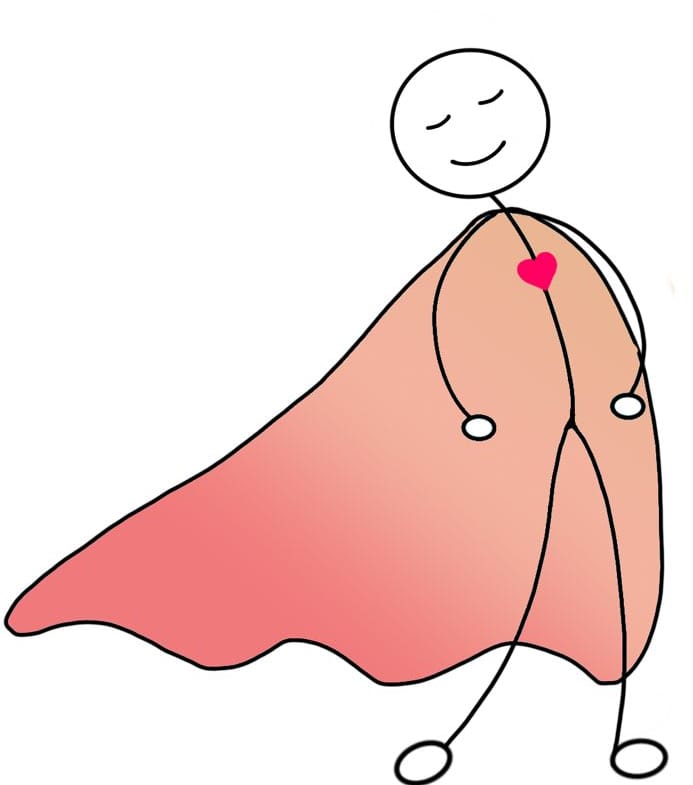Happy New Year?

There's a saying: if you tell yourself something is going to be bad, it probably will be. Stay positive, they say, and you'll manifest an amazing life – sprinkles and all. But what happens when your intuition kicks in and deep down, no matter how positive or resilient you try to be, you know that external forces are simply too toxic to overcome?
This is where trusting your intuition becomes crucial. Intuition, often described as a gut feeling, is your subconscious tapping into past experiences and emotional patterns. It knows when something feels off – not because you're overthinking, but because you're deeply in tune with what’s happening around you. Intuition can be your guide in recognising when life is throwing a genuine challenge your way. Accepting those tough times doesn’t mean giving up; it means understanding that difficulty is often temporary and cycles out when faced with patience and intention.
There's only so much you can allow into your space, but life isn’t neatly packaged in black and white. It’s messy and often shades of grey, where cutting ties with reality isn’t an option. Sometimes, you just know – it’s going to be difficult.
How do we navigate these emotional minefields? If we ignore the situation, we risk being accused of not caring. If we tolerate it out of obligation or, dare I say, our craving for a bit of drama, we enable it to grow. And if we simply accept it and carry on, we risk harming ourselves in the process.
The Emotional Tug-of-War
Take someone crying, for example. Over time, you might become desensitised to their tears or allow them to drain your energy. On one hand, it’s hard to see someone you care about in pain. On the other, you’re struggling to keep your own head above water. What do you do in that moment?
Then there’s the frustration of watching someone repeatedly reject sound advice, making poor choices, only to complain about the consequences – unable, or perhaps unwilling, to see the link between their actions and the hardship they endure. You’re left to witness the fallout, often impacted by their choices. Even harder to navigate is when their hardship, caused by their own actions, suddenly becomes your responsibility. This blame-shifting places an unfair burden on you to solve problems you didn’t create, leaving you emotionally drained and resentful. It’s difficult to stand by without intervening, yet stepping in often means taking on a weight that isn’t yours to carry. Setting boundaries in these instances isn’t about being unkind; it’s about recognising where your help ends and their responsibility begins.
The Power of Boundaries
This is where boundaries come in. They are crucial, not just for your well-being but for maintaining healthier relationships. You are allowed to say, “I’m here for you, but how you’re handling this situation is beginning to affect me. Let’s talk about something else occasionally – for both our sakes.”
This simple approach reminds someone that you care but also reinforces the need for balance. Life is complicated enough without being stuck in a loop of repeated sob stories. Sometimes, shifting the focus – even slightly – can provide the space needed for healing and understanding on both sides.
So, 2025 – although only seven days in – may not be looking bright for some of us. But remember: this tough phase won’t last forever. Instead, focus on the small wins and moments of joy you experience along the way. Never feel bad if things start going your way, and surround yourself with people who genuinely celebrate your success. It’s equally important to limit your time with those who can’t share in your happiness. Life is too short to carry the weight of others’ insecurities – your peace matters too.





